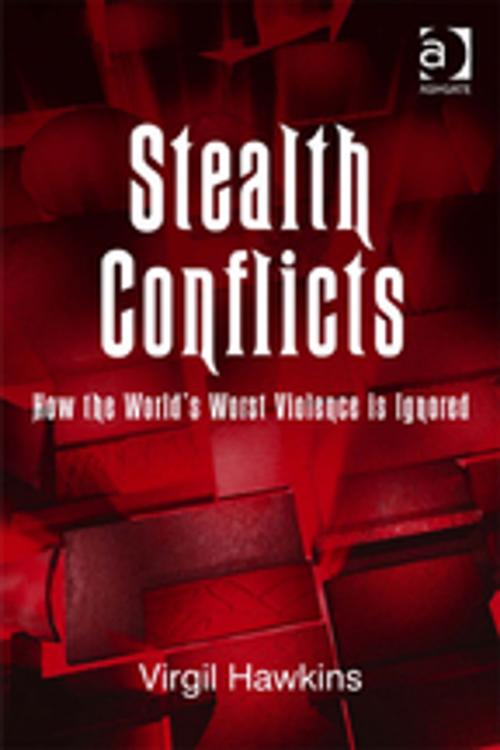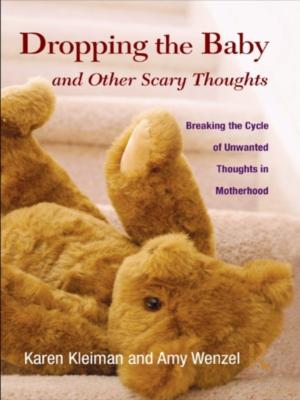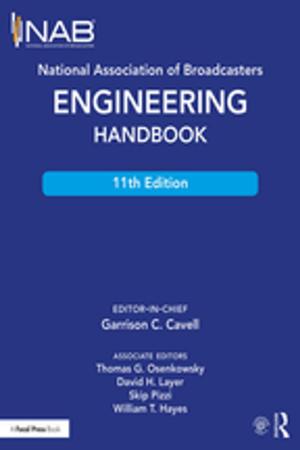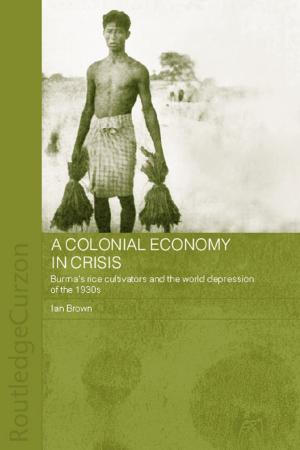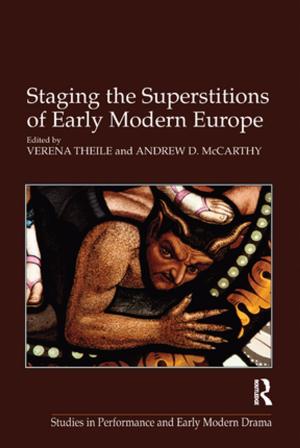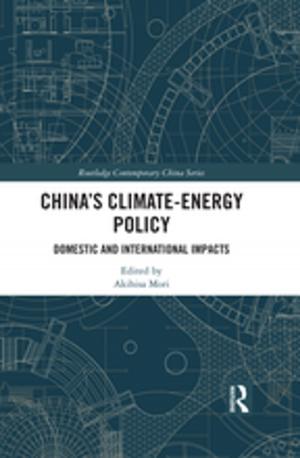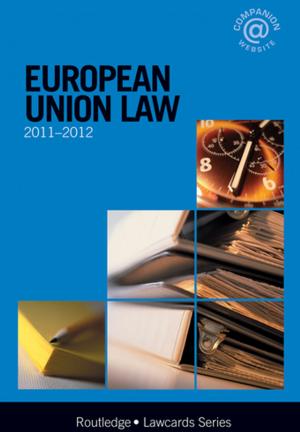Stealth Conflicts
How the World's Worst Violence Is Ignored
Nonfiction, Social & Cultural Studies, Political Science| Author: | Virgil Hawkins | ISBN: | 9781351897945 |
| Publisher: | Taylor and Francis | Publication: | December 5, 2016 |
| Imprint: | Routledge | Language: | English |
| Author: | Virgil Hawkins |
| ISBN: | 9781351897945 |
| Publisher: | Taylor and Francis |
| Publication: | December 5, 2016 |
| Imprint: | Routledge |
| Language: | English |
Many of the world's deadliest conflicts are largely ignored - becoming off-the-radar 'stealth conflicts'. How can this be possible in a world with unprecedented levels of access to information, and unprecedented levels of attention and resources being devoted to foreign affairs? Virgil Hawkins reveals and explains the highly distorted and assimilated responses to foreign conflicts by major actors in the world. He examines the agenda-setting processes of policy makers, the media, the public and academics in relation to foreign conflicts. Using a vast array of detailed examples, he systematically unravels the internal dynamics and external influences experienced by these actors, and in so doing he brings the academic agenda into the loop of the conflict response agenda-setting process for the first time. With agenda-setting research tending to focus on the question of why a response to a particular event or issue occurred, this book furthers research by focusing equally on why a response did not occur. The volume is critically important in understanding why actors do and do not respond to foreign conflicts.
Many of the world's deadliest conflicts are largely ignored - becoming off-the-radar 'stealth conflicts'. How can this be possible in a world with unprecedented levels of access to information, and unprecedented levels of attention and resources being devoted to foreign affairs? Virgil Hawkins reveals and explains the highly distorted and assimilated responses to foreign conflicts by major actors in the world. He examines the agenda-setting processes of policy makers, the media, the public and academics in relation to foreign conflicts. Using a vast array of detailed examples, he systematically unravels the internal dynamics and external influences experienced by these actors, and in so doing he brings the academic agenda into the loop of the conflict response agenda-setting process for the first time. With agenda-setting research tending to focus on the question of why a response to a particular event or issue occurred, this book furthers research by focusing equally on why a response did not occur. The volume is critically important in understanding why actors do and do not respond to foreign conflicts.
